I Had No Power For 3 Days After Hurricane Milton: Here's What I Experienced
What The Hurricane Taught Me About Life And Society
Introduction
For those who may not know, I live in central Florida, and last week, I was under a direct hit from Hurricane Milton. The rain started on Wednesday and rained substantially for 12 hours before the winds picked up.
I’ve been in Florida for the past 30 years, and I’ve slept through countless hurricanes, but this hurricane was one that I stayed up for simply because of the torrential rain and the wind that howled throughout the night.
I’m glad to report that there was no substantial damage because I live far inland, away from the coast, so there was no storm surge or major destruction. However, I lost power on Wednesday once the hurricane started to pick up at midnight, and I was without power for 72 hours.
Very interesting things occur when a society goes without power. I had some positive experiences and some negative ones. As I’ve written about in other situations, like my experiences overseas or in airports, this is my reflection on life without power for three days.
I’ll group this experience into two parts: my positive experiences with society and then my negative experiences or realizations. I’m pleased to say that I had more positive experiences than negative ones, which shows me that humanity is just a few steps away from breaking free from the chains placed upon us.
These chains are so deeply ingrained that we can’t always see them, but all it takes is an event, and snap—we awaken.
So, without further ado, let’s dive right in.
Positive Experiences
1. The Quiet Place
The first thing I realized was how quiet it was with no electricity. I think this is something people don’t truly understand until they experience it firsthand.
In our modern world, we’re surrounded by constant noise—whether it’s the hum of electronics or simply the background chatter of the TV. Without electricity, all of that disappears, and the silence becomes deafening.
With the power back, the contrast was jarring. I hadn’t realized how loud everything was—the AC kicking in, the fridge humming, the appliances buzzing. It was like the machines within the house were waking up, reminding me of the constant undercurrent of noise we live with daily. It’s continuous, and you don’t notice it until it’s gone.
When the power was out, there was nothing. You had nothing to do. I couldn’t write on Substack, and though I had my phone, I had to conserve the battery. It was a time of quiet reflection—just being. It was a forced stillness.
And in that stillness, I was left to confront a slower pace of life. And as the hours passed, the absence of noise became almost meditative. It was a rare moment just to be—a state so rare in modern life.
Only in its absence did I realize just how much of my mental space technology and devices occupy. The power outage created a void, and in that void, I found something I didn’t expect: clarity.
2. Everybody Was Outside
With no electricity, no one stayed inside. After the hurricane, we walked around the neighborhood to assess the damage, and I was amazed to see that everybody was outside.
Neighbors were talking to each other in their pajamas. We walked around with our family, and the kids ran around, having fun. It was the most beautiful display of community I have ever experienced.
I’ve lived here for four years and love my neighborhood, but this moment of how we came together during a hurricane was special. We all helped clean up the neighborhood. I even exchanged phone numbers with a neighbor I’d known for a while, and they even offered us an extra generator if we needed it!
This moment reminded me of civic responsibility—something that has almost disappeared since the rise of TV and other distractions.
Neil Postman’s Amusing Ourselves to Death came to mind as I thought about how this sense of community, which used to be a cornerstone of society, has faded as we’ve become more engrossed in entertainment.
Before modern entertainment, we used to rely on one another, and this experience showed me that humanity can still reconnect when our routines are disrupted.
An idea came to mind that we should deliberately turn off our power for one weekend each month to bring people outside and bring back that sense of connection. Who knows if that will ever happen, but it’s something worth considering.
3. Time Spent Talking
Without electricity, my family and I had time to engage in deep conversations. It surprised me how many family and friends still thought that weather couldn’t be manipulated.
There’s a natural tendency to dismiss anything that isn’t part of the mainstream narrative as a ‘conspiracy theory.’ During these discussions, I realized how deeply conditioned we are to trust whatever the media tells us without questioning it.
People tend to regurgitate the same narratives they’ve been fed without ever stopping to think critically. I’ve written about Americans’ naivety regarding this—how easily we accept what we’re told.
My family and friends and I discussed cloud seeding and more advanced technologies, like stratospheric aerosol injections and ionosphere heating. At first, people were dismissive, but with nothing else to do but talk, they were forced to stay engaged.
There was no escaping the conversation, no ability to ‘block’ it out like they would in everyday life. As we delved deeper into the science and facts behind these technologies, people started to consider them more seriously.
It was eye-opening for them, and for me, it reminded me of how powerful dialogue can be when people are forced to listen and engage truly.
4. Bi-Modal Sleeping
A fun fact: I started writing and reading articles because, in 2020, right before COVID, I had insomnia for the first time in my life.
That’s when I came across the concept of bi-modal sleeping. I discovered it through articles on Medium, where I learned that before the advent of electricity, people slept in two phases.
I tried it back then, but during this power outage, I experienced it naturally. I would go to bed early, wake up around 1:30 am, talk with my wife for a few hours, and then go back to sleep.
This way of sleeping felt more natural, and during this time, my dreams were vivid, almost instructional, guiding me through where I am in life and what I need to do next.
It made me realize that, ideally, we need to return to these more natural rhythms of living rather than being so dependent on artificial light and electricity.
5. The Beauty Of The Stars
The first night after the hurricane passed, the air was cool, so we opened the windows and let natural air flow through the house. Florida is usually hot year-round, but the air was so refreshing after the hurricane.
With the windows open, and after waking up around 2 am, I decided to step outside. Once outside, all I saw was pitch-black darkness around the neighborhood. But once I looked up, and—wow—I had no idea I could see so many stars from where I live! With no light pollution, the sky was filled with stars. It was breathtaking.
I stood there, looking up, and thought, “These are the same stars our ancestors looked at.” It was humbling to experience this moment with no electricity, just taking in the beauty of the natural world. This sight was a truly touching experience.
Overall, these were some of the bigger experiences that occured. Now that we’ve touched on the positive experiences let’s move on to the negative experiences.
Negative Experiences
1. Controlling My Thoughts
The first negative experience was the difficulty of controlling my thoughts, especially at night. The neighborhood was completely dark, and my mind began to imagine all sorts of things.
What if someone took advantage of this situation?
What if people saw my house as a target?
These thoughts made me anxious, especially when I noticed many neighbors had left the area. By the second night, I realized my house was the only one with cars in the driveway. It was literally just me and my family.
I started to think: If anything were to happen, I had my guns locked and loaded, ready to protect my family. But then I wondered:
Would an AK-47 be better if it were me against three individuals?
Should I have bigger guns?
Night vision goggles, maybe?
This situation tested my mental discipline. I had to remind myself to control my thoughts and not let them spiral into fear. As I’ve written about before, you are not your thoughts.
This experience taught me to maintain control over my mind during anxious times. Rudolf Steiner spoke about the importance of mastering our thoughts to live a moral life, and this was a real-life test of that philosophy.
I had to keep reminding myself of what I shared in my biohacking article—how external forces, whether societal or environmental, can hijack your thoughts, and it’s up to you to regain control.
Once I did, I felt a bravey like no other, and I was up to the challenge of protecting my family.
2. Corporations and Monopoly
The second negative experience came from dealing with the power company. To be fair, I am only dealing with the information that I have and don’t have the complete picture behind the scenes, so these are simply my experiences.
As the power outages went on, they gave us a map to track the outages and communicated with us through emails, but I would argue there could have been better updates (again, my limited scope here).
What was strange to me was that just down the street, people had power, but my neighborhood did not. The power company stated that resources would be allocated to the areas with the most people, leaving smaller communities like mine in the dark for days and I wondered if that was fair.
This experience made me think about the larger issue of centralization versus decentralization: what if we had a more decentralized approach to power distribution?
If each community had its own dedicated resources and systems in place, we wouldn’t have to rely on a single entity to decide where help goes.
This example is a conversation we need to have, not just in terms of power outages but how our society operates. Decentralization could empower communities to be more self-sufficient and resilient, especially when disaster strikes — instead of waiting for federal aid, if it ever gets here.
Conclusion
To close, these were my seven essential experiences during Hurricane Milton. I’m sure others had different experiences, like the struggle to find gas, but overall, this was my reflection on life without power.
Speaking on gas, what stood out to me was that, even without power, people couldn’t put down their cell phones. People kept using their phones as if nothing had changed. Since phones could be charged in the car, people were getting gas for their vehicles only to use their cell phones.
This situation was another realization of how deeply addicted we’ve become to technology. We didn’t lose internet—only power—and I’m curious how people would have reacted if we’d lost internet too.
This shows how reliant we are on technology, even when it’s unnecessary.
In the 30 years of my life, I’ve experienced power outages, especially as a Nigerian, but this experience was unique. As an adult, I was able to take charge of the situation and learn from it. I’m glad to have gone through it and look forward to growing from the lessons.
Overall, I’m glad the power is back so I can return to work, but I appreciate the time it provided.
Thank you all for taking the time to listen and read this. For those new to my page, I apologize for not engaging in the comments, so I will be catching up. For those who purchased a book, I will be mailing those off as well.
I have six articles in the works, including some paid ones, so please consider becoming a paid subscriber if you’d like to support.
Thank you again for your time and attention. Let’s continue discussing how to make our world a better place. The good news is that all it takes is for a small group to step away from society, and we can break free from the chains.
Ashe, and have a great day!
Franklin O’Kanu
PS: If you can’t become a paying subscriber, but still want to support, you can buy me a cup of coffee.
And lastly, if you’re interested in understanding the last two hundred years of history and how we arrived at this point, check out my book, An Unorthodox Truth. It’s a deep dive into the forces that have shaped our modern world.





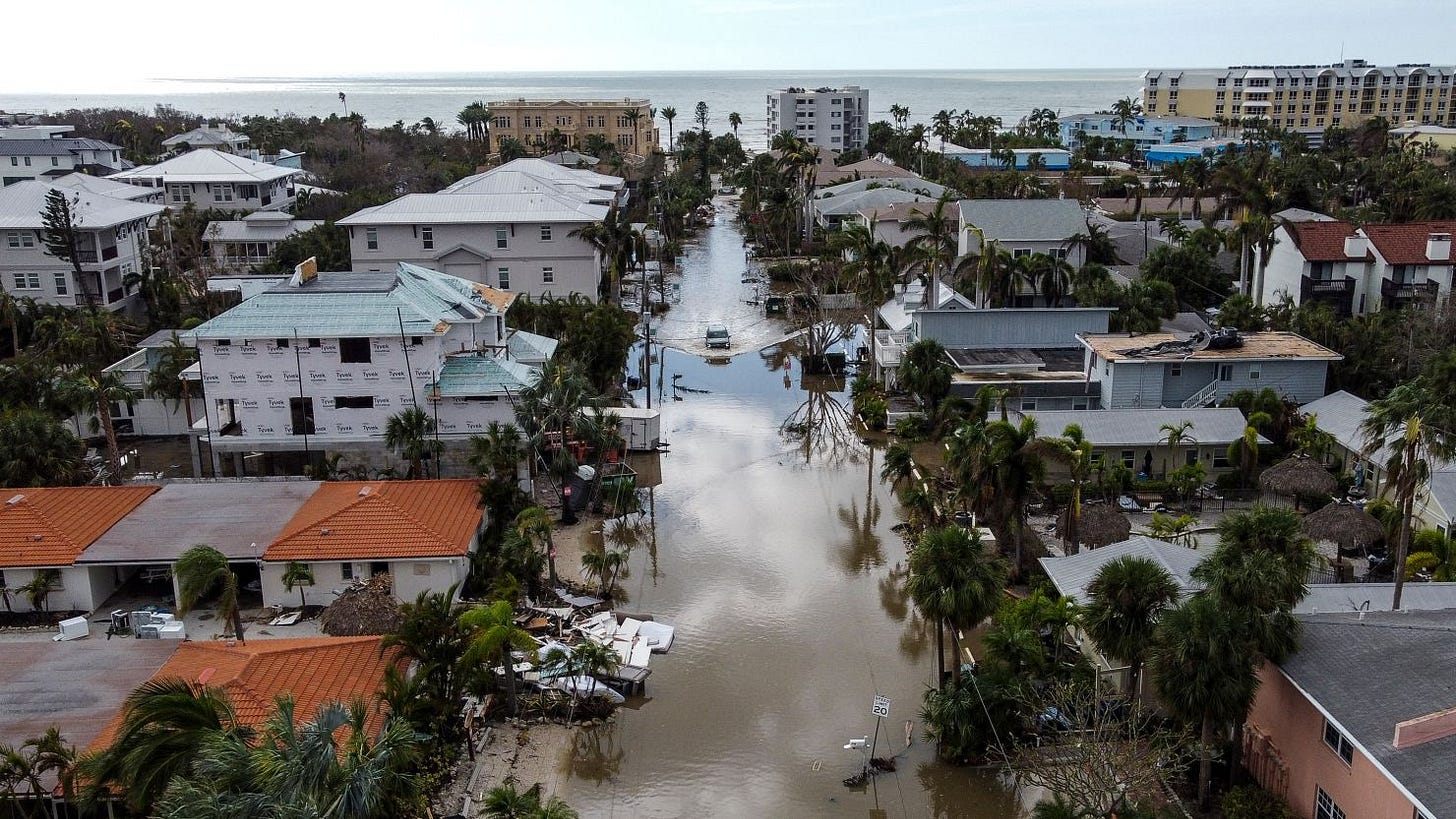
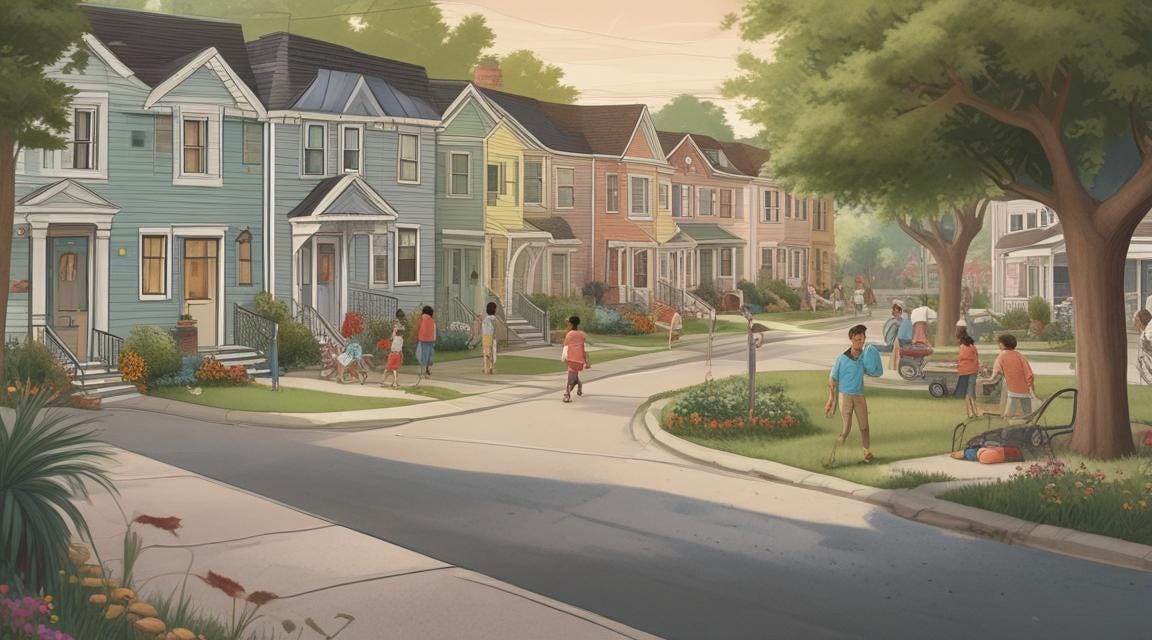
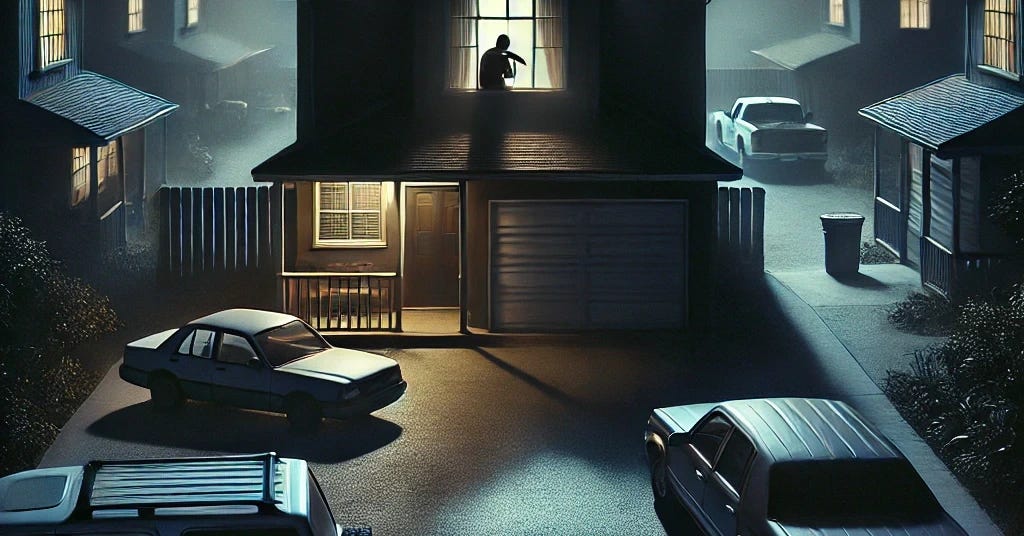
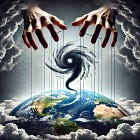
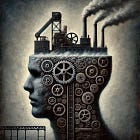
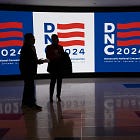
I have been dealing with Helena in W NC. We lost both electricity and internet. The silence was only interrupted by chain saws, generators, and rescue helicopters during the day. Conversation, stargazing, paper, and pen were wonderful distractions. Perhaps not so much a distraction but a clarifying necessity. Bi-modal sleep was definitely easier to achieve. I found the 1st period deep and rejuvenating. The body repairing the days exertion. The 2nd a time for dreams.
When the electricity goes off, the world you thought you lived in disappears. You have no modern conveniences. Water pumps stop. Toss your refrigerator contents. Battery devices eventually run out. Any technologic solution eventually fails. If you are not prepared with backup or parts to maintain or repair, or if you are not capable of maintaining or working on your devices then don’t rely on them.
I too became anxious after our water tank mysteriously drained overnight. I pulled the shotguns from the safe, loaded them, and set them by the doors. I figured that a shotgun blast would be enough to dissuade. Give pause and uncertainty about what might come next.
It was not fear. More of a call to action. A forced assessment of available tools and what a measured and reasonable use would be. It’s easy to understand how fear would overcome reason if you did not have adequate plans.
When I hiked in, I had a sidearm and one of my German Shepard dogs with me. A gentle giant but he is intimidating and protective. His 1st encounter with a donkey was hilarious. The donkey wouldn’t back down and called reinforcement. At the time I did not know what I was walking in to but I was reasonably comfortable that the community would pull together. Of the people I encountered, also hiking in and out, none displayed any concern about the weapon, nor the dog, and all were friendly and helpful despite the extraordinary circumstances.
Many truths!
I would definitely recommend solar phone chargers, a charged back up battery power bank, etc.
However, the point of your words is the beauty of going ’without’.